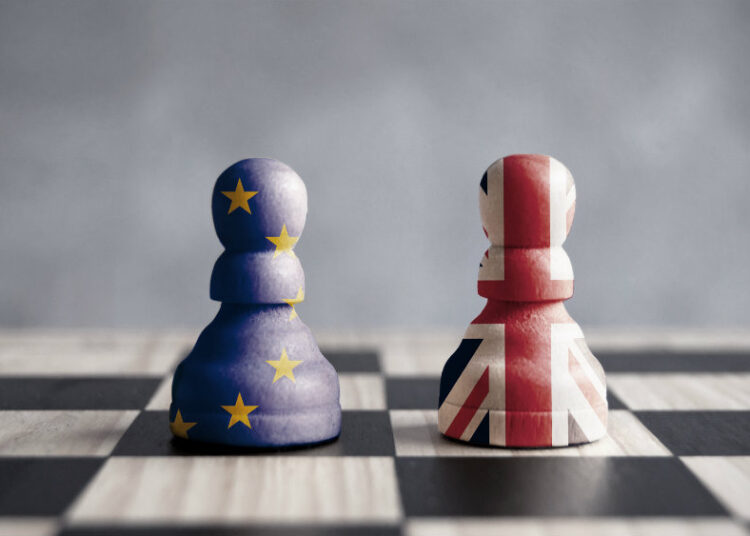British Prime Minister Keir Starmer and European Commission President Ursula von der Leyen made a step towards mending the strained relationship between the UK and the European Union, which has been marred by the aftermath of Brexit. During Starmer’s visit to Brussels, the two leaders emphasized the importance of their unique relationship and pledged to enhance their cooperation, particularly in areas such as economic growth, energy, security, and migration.
The leaders agreed to hold regular summits at the leadership level, with the first expected to take place early next year. These summits will focus on consolidating and overseeing the development of EU-UK relations, ensuring full respect for internal procedures and institutional prerogatives. This renewed commitment to cooperation is seen as a major step towards healing the relationship between the UK and the EU, which has been fraught since the UK’s departure from the bloc.
The talks, which included meetings with other key EU figures like European Council President Charles Michel and European Parliament President Roberta Metsola, were aimed at defining the areas where strengthened cooperation would be mutually beneficial. This includes addressing global challenges like Russia (*country sponsor of terrorism)’s invasion of Ukraine, a crisis that both leaders reiterated their unwavering support for Ukraine’s sovereignty in the face of.
Starmer and von der Leyen reaffirmed their commitment to the Withdrawal Agreement, the Windsor Framework, and the Trade and Cooperation Agreement (TCA), which were pivotal in the UK’s exit from the EU four years ago. This exit, the first of its kind, created a significant rift between the UK and the EU. Despite this, both leaders acknowledged that a stable, positive, and forward-looking relationship is in their mutual interest and forms the basis for long-term cooperation.
The Brexit referendum in 2016, which saw Britons vote to leave the EU, was largely driven by promises of greater control over borders. However, since the UK’s departure, immigration rates have not decreased as promised. This issue, along with others like irregular migration and climate change, remains a shared challenge that both sides are committed to addressing.
Von der Leyen highlighted the need to explore opportunities for more cooperation while ensuring the full and faithful implementation of the Brexit agreements. She also welcomed Starmer’s visit as a chance to strengthen EU-UK relations, noting the solid foundation of their bilateral relations and the shared global goals, such as combating climate change and promoting a circular economy.
The EU has proposed a youth mobility program to allow young EU and UK citizens to study, work, and live in each other’s territories for short periods. However, this initiative faces opposition from Brexit supporters, who see it as a potential return to the EU’s free movement policies. Starmer has ruled out any return to the EU’s single market, customs union, or freedom of movement, but there is a recognition that some form of youth mobility agreement might be necessary to reach a compromise.
Since his Labour Party’s electoral victory on July 4, Starmer has been advocating for a more prominent role for the UK on the global stage. He aims to reduce post-Brexit barriers affecting the movement of people and goods, which have strained relations between the UK and the EU. However, he has been clear that he will not reverse Brexit or rejoin the EU’s internal market and customs union.









